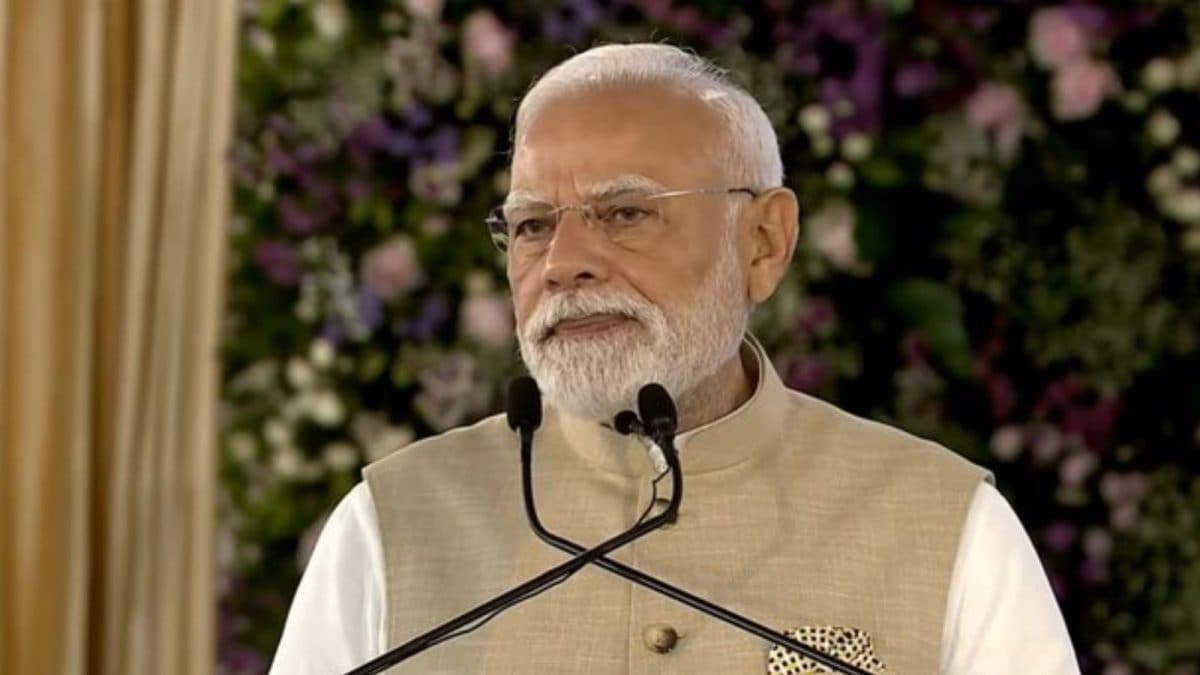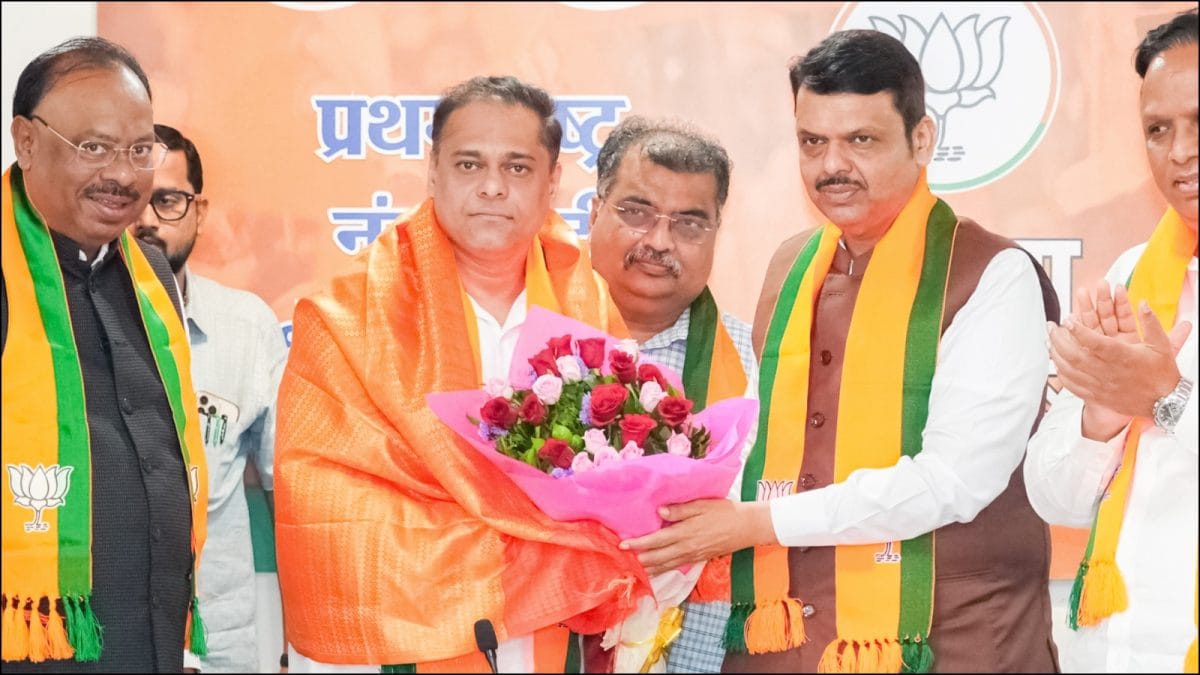The Supreme Court on Monday (September 1, 2025) referred to a larger Bench the question of whether minority educational institutions are entirely exempt from the purview of the Right to Education (RTE) Act, 2009.
A two-judge Bench of Justices Dipankar Datta and Manmohan made the reference in a judgment based on a batch of civil appeals questioning school education departments’ insistence on faculty clearing the Teachers Eligibility Test (TET) in minority institutions.
The reference stems from apprehensions over a Constitution Bench verdict of 2014 in Pramati Educational and Cultural Trust case. In the case, a five-judge Bench was testing the constitutionality of Section 12(1)(c) of the Right to Education Act. The provision mandates educational institutions to provide 25% reservation for children from disadvantaged groups and weaker sections at the entry level in order to foster social inclusion in elementary education.
However, the 2014 judgment concluded that Section 12(1)(c) violated the minority character of these institutions and impacted their institutional autonomy. The Constitution Bench went on to take minority institutions entirely out of the ambit of the RTE law.
‘Weakening of the idea of inclusivity’
Justice Datta, writing for the Bench, observed that the Pramati Educational and Cultural Trust judgment has “unknowingly jeopardised the very foundation of universal elementary education”.
“Exemption of minority institutions from the RTE Act leads to fragmentation of the common schooling vision and weakening of the idea of inclusivity and universality envisioned by Article 21A. We are afraid, instead of uniting children across caste, class, creed, and community, it reinforces ‘divides’ and ‘dilutes’ the transformative potential of shared learning spaces,” Justice Datta pointed out.
The judge wrote that the 2014 judgment has led to misuse. “Minority status seems to have become a vehicle for circumventing the mandate of the RTE Act. In our humble opinion, it has opened up a situation whereby multiple institutions have sought to acquire minority status to become autonomous,” Justice Datta observed.
Enclaves of privilege cannot be created at the cost of national developmental goals, the two-judge Bench said in its reference.



.png)
.png)
.png)
















 2 hours ago
2
2 hours ago
2










 English (US) ·
English (US) ·